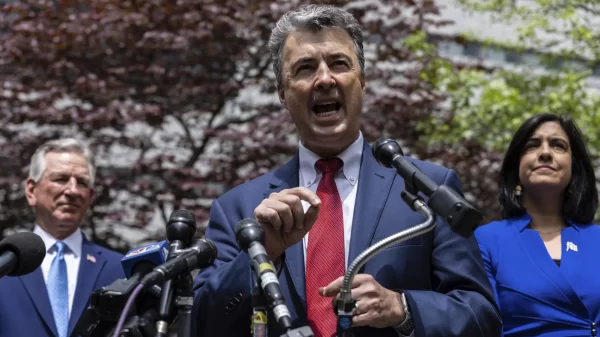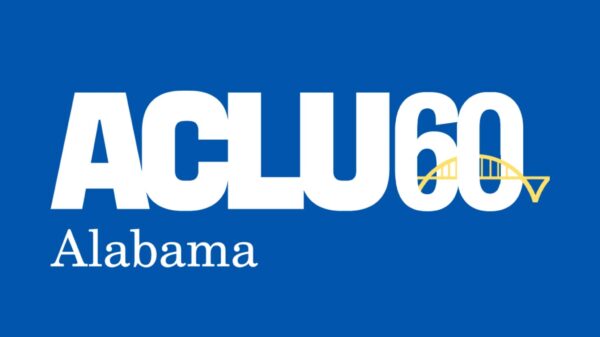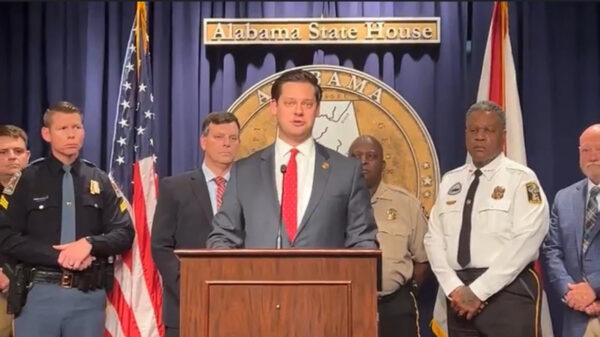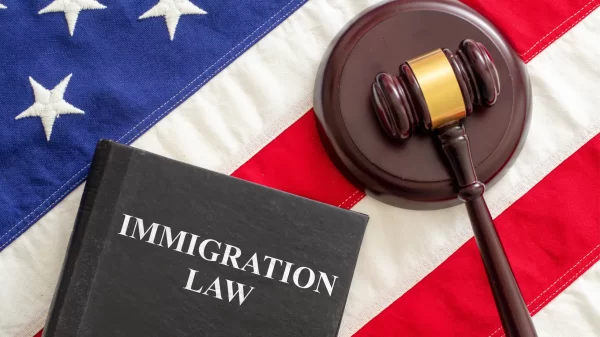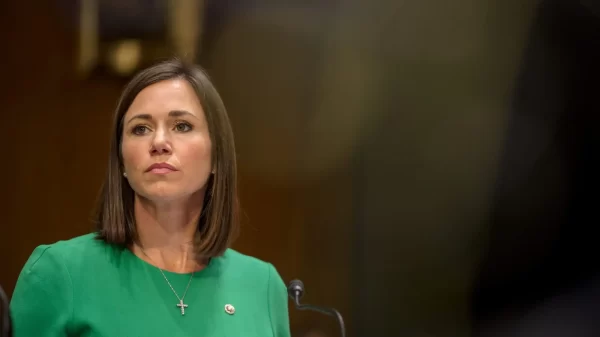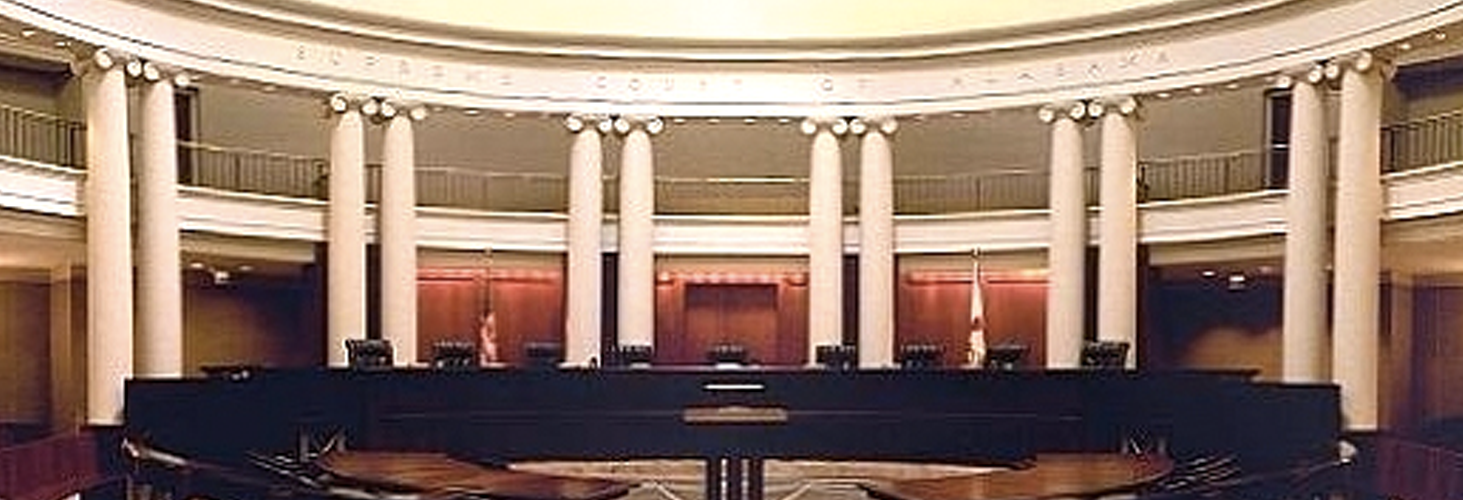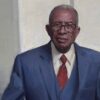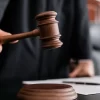By Josh Moon
Alabama Political Reporter
The Alabama Supreme Court has put a hold on the return of millions of dollars to state educators while the justices consider an appeal of a ruling that deemed Public Education Employees Health Insurance Plan premium increases illegal.
Montgomery County Circuit Court Judge Johnny Hardwick ruled in August that a meeting of the PEEHIP board in April 2016, at which members voted to raise premiums, was held illegally. That meant that the premium increases paid in by all PEEHIP members – some $60 million – would have to be returned.
The PEEHIP board, which is represented in the lawsuit by attorneys from Balch & Bingham and Retirement Systems of Alabama attorney Leura Canary, is planning an appeal of Hardwick’s ruling. In the meantime, PEEHIP requested a stay so it wouldn’t be forced to dole out refunds to members which it might have to request be returned if the appeal is successful. The Supreme Court agreed.
But not all board members are so eager to go forward with the appeal.
APR reported on Sunday that several board members would like to let the issue die, but Canary and other attorneys are pushing forward. Sources said emails from Canary were threatening and explained the appeal was moving forward regardless of board members’ input.
The decision to increase the premiums was controversial among board members from the start, with many believing there was no need to up the premiums because the Alabama Legislature had met the PEEHIP funding increase request that year.
AEA officials viewed the increases as an attack on public education employees, who had received a 4-percent cost-of-living increase in 2016. The PEEHIP premium increases virtually wiped out that raise.
Former AEA president Sheila Hocutt Remington filed the lawsuit against the board, claiming that a meeting held in the morning of April 27, 2016, at which the PEEHIP increases were discussed, was an illegal meeting under Alabama’s Open Meetings Act. Even though the vote to raise premiums was held at a properly advertised meeting later that day, Hardwick ruled the actions circumvented the intent of the Open Meetings Act and were illegal.





